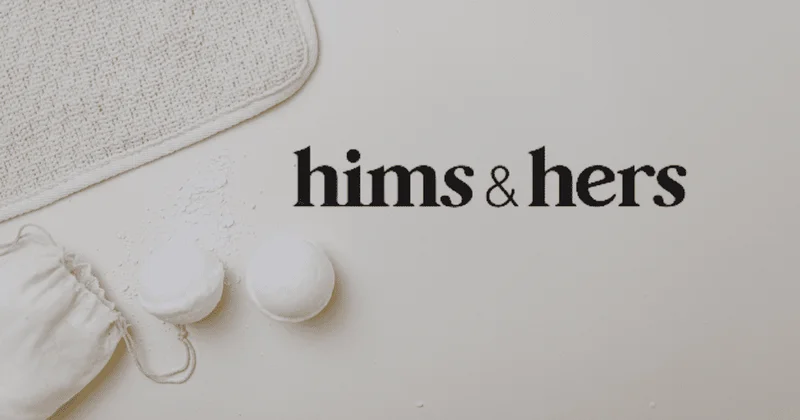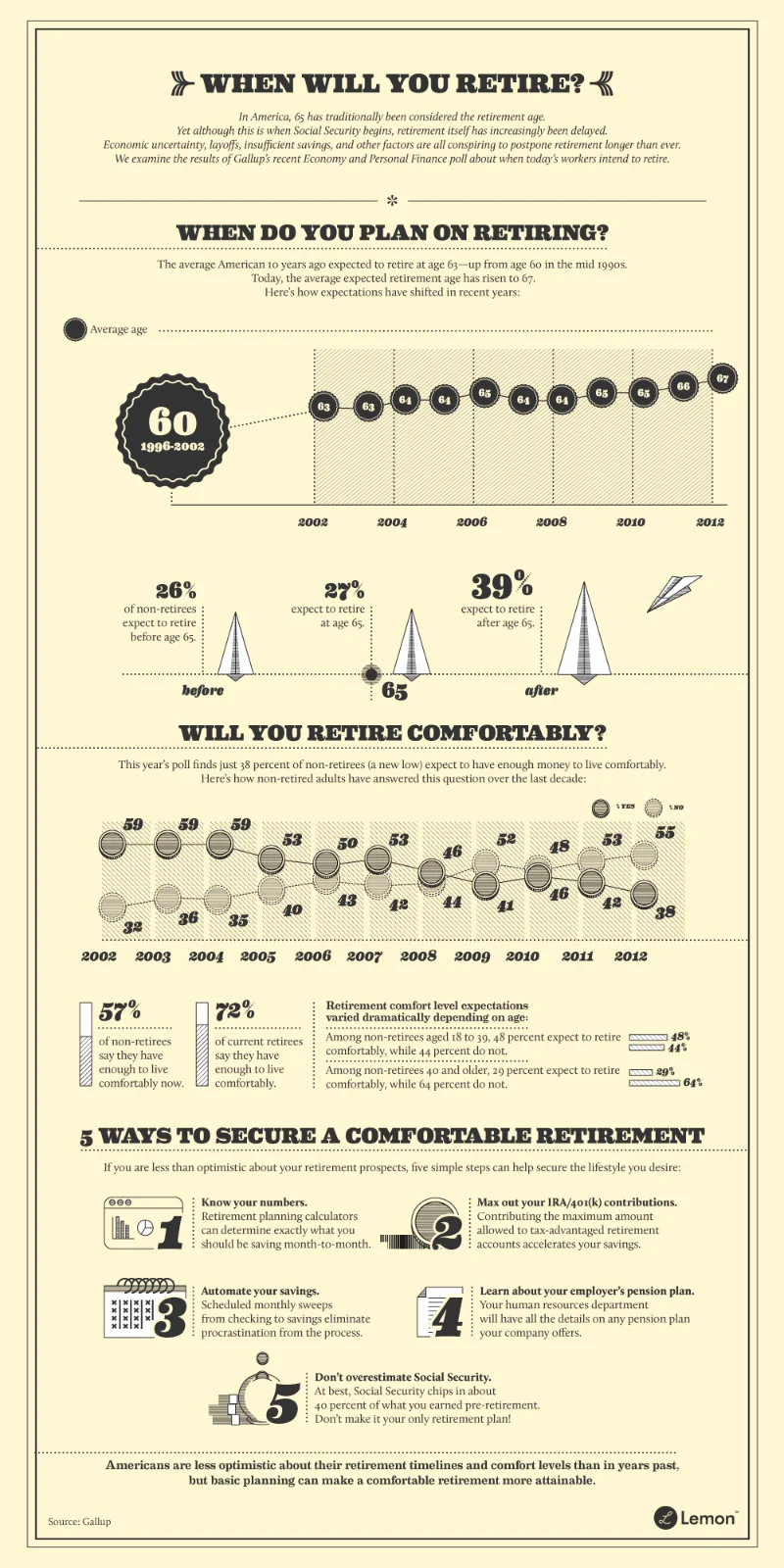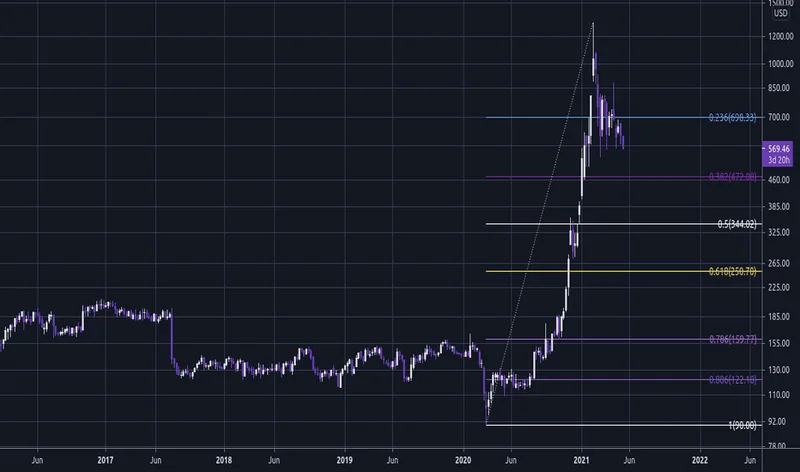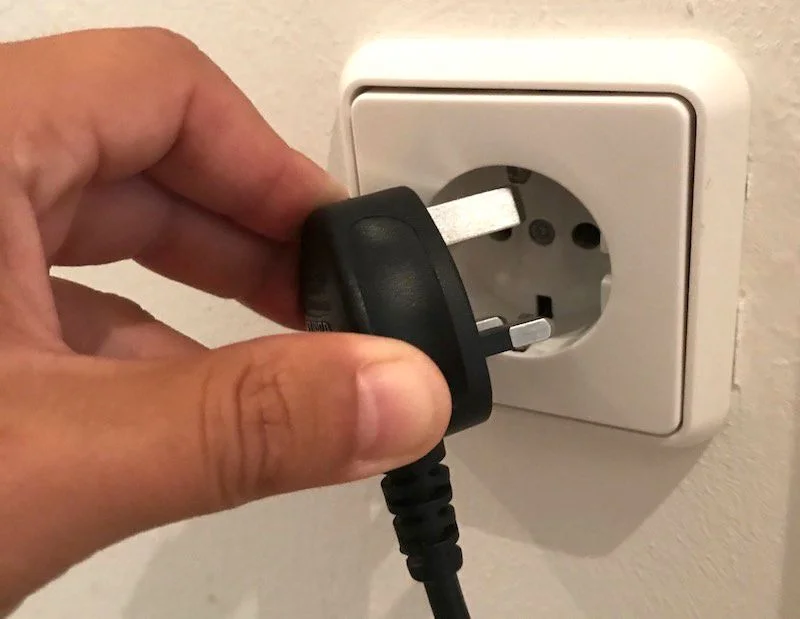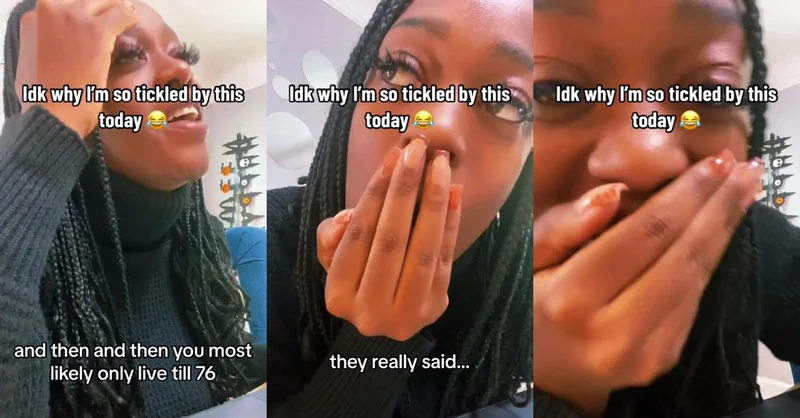$2000 IRS Direct Deposit: Fact vs. Fiction
Generated Title: Trump's $2000 Tariff Checks: Don't Bank on It, America
Okay, let's get this straight. The internet's buzzing about potential $2,000 stimulus checks coming in November 2025, supposedly fueled by Trump's tariff revenue. Before you start planning that vacation, let's inject a dose of reality. The headline is: Congress hasn't passed anything, and the IRS sure as hell hasn't confirmed it.
The Stimulus Mirage
The last time Uncle Sam sent out stimulus checks was back in 2021. (Remember lining up for toilet paper and hand sanitizer?) And even those payments required an act of Congress. So, what's fueling this latest round of speculation? Apparently, it's a proposal from Trump to use tariff revenue to pay a dividend of at least $2,000 per person.
Trump took to Truth Social to declare, "A dividend of at least $2,000 a person (not including high income people!) will be paid to everyone." Sounds great, right? Except, it's just a proposal—a tweet, basically. And as we all know, there's a Grand Canyon-sized gap between a politician's pronouncements and actual policy.
Now, about those tariffs. The Trump administration has collected a hefty sum in tariff revenue—more than $220 billion, according to the US Treasury. That sounds like a lot, until you start doing the math. There are over 163 million Americans who filed tax returns in 2024. Giving each of them $2,000 would cost around $326 billion. So, where's the extra $100 billion coming from?
Trump suggests excluding high-income individuals, but even with an income threshold of $100,000 (which is hardly "high income" in some parts of the country), you're still looking at around 150 million eligible adults. That's $300 billion, give or take. And what about the national debt? Trump claims there will be money left over to pay that down, too. I've looked at hundreds of these proposals, and I find this claim… optimistic, to put it mildly.
Scam Alert: Don't Fall For It
While we're on the topic of money, let's talk about something far more concrete: scams. The IRS is warning taxpayers about fake stimulus payment messages designed to steal your personal information. These messages often come via email, text, or social media, promising quick cash if you just click a link and enter your bank details.
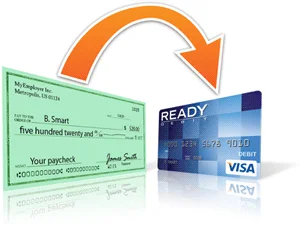
Let me be clear: the IRS will never contact you first through those channels. They start with an official letter or notice. If you get a message promising a $2,000 check, ignore it. It's a trap.
And here's the part of the analysis that I find genuinely infuriating: these scams prey on people's hopes and desperation. They exploit the very real financial struggles that many Americans are facing right now. It's predatory, plain and simple.
The Political Reality
Even if Trump's proposal were financially feasible (and that's a big "if"), there's another major hurdle: Congress. Remember, Congress controls the purse strings. Past stimulus checks required Congressional approval, and it's unclear whether Trump has the support to pass something like this now. $2,000 tariff rebate checks: What you need to know about Trump’s proposal
And let's not forget about the Supreme Court. They're currently scrutinizing the Trump administration's use of emergency powers to impose tariffs. If the court rules against the administration, it could force them to return a significant chunk of that tariff revenue to businesses, further shrinking the pot of money available for rebate checks.
I've seen these kinds of proposals come and go. They generate a lot of buzz, but they rarely translate into actual policy.
Smoke and Mirrors
So, what's the real story? The chances of getting a $2,000 tariff check in November 2025 are slim to none. It's a nice idea, but it's based on shaky math, political hurdles, and potential legal challenges. Don't bank on it, America.
Related Articles
Hims Stock Surges 39%: A Data-Driven Look at the Surge
The ticker for Hims & Hers Health (HIMS) has been on a tear. A 39% surge in a single month is the ki...
Retirement Age Realities: Social Security, Shifting Demographics, and Risky Moves
Generated Title: Social Security's "Perfect" Retirement Age of 63? The Data Just Doesn't Add Up The...
MicroStrategy (MSTR) Stock: Analyzing the Bitcoin Correlation and Its Price Action
The recent price action in Strategy’s stock (MSTR) presents a fascinating case study in market perce...
Plug Stock's Big Jump: What's Actually Happening and Why You Shouldn't Buy the Hype
So, Plug Power is back. Just when you thought the stock was destined to become a footnote in the ann...
US Approves Nvidia Sales to UAE: An Analysis of the G42 Deal and Its Geopolitical Implications
It’s a familiar ritual for anyone in this business. The pre-market hum, the first cup of coffee, and...
Retirement Age BS: What's the "Full" Deal and Why Should I Care?
Alright, let's get this straight. Social Security changes in 2026? They're trying to spin this as so...
